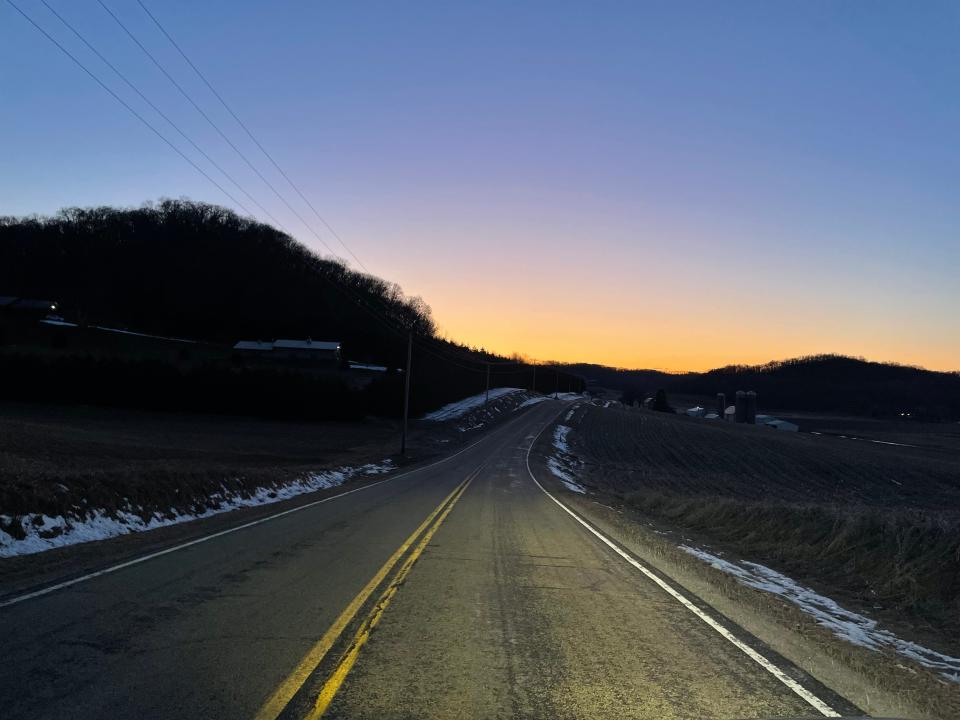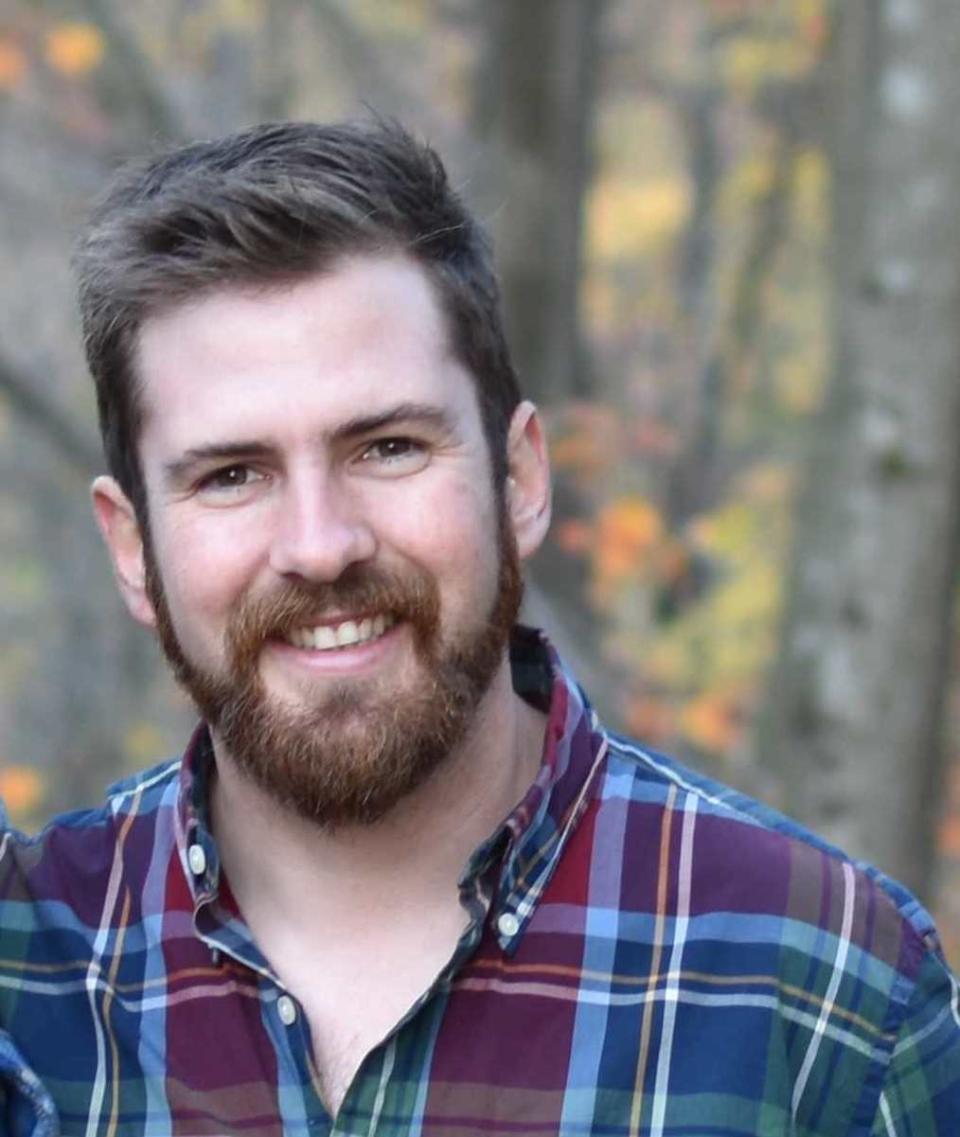4 ways we can tackle the drug crisis in rural Wisconsin and beyond
Rural areas in Wisconsin and beyond have unique challenges in tackling drug abuse, but law enforcement, treatment advocates, community service organizations, and those recovering from substance use disorder agree many things can be done, including:
Awareness and education
This includes underscoring the depth of the problem, possible solutions, then action that can involve community initiatives, nonprofit fundraising, and private sector innovation, as well as government programs and resources. The challenge in rural areas is that initial lack of awareness required to act. “I think in the rural areas it’s worse, and I don’t think the resources are there,” said Lauri Badura, who founded the nonprofit “Saving Others for Archie,” after her son died of an overdose.
Peer and community support
When a person struggling with addiction gets out of jail, it’s often between 4 a.m. and 6 a.m. If they’re lucky, family or friends who support their recovery pick them up. Susie Austin said she often hears the opposite. “‘I called my dealer, I didn’t know what to do,’” said Austin, peer services coordinator for Wisconsin Community Services, a nonprofit organization that contracts with state and local government to support rehabilitation.

Austin, whose peer specialist program supports the drug court in Waukesha County, said one solution is rural counties using support programs to break the dependency. For example, peer specialists—people who have recovered from substance use — could act like a rapid response unit to overdoses and other drug situations.
Treatment and triaging
Badura said more facilities where people can get clean and sober is crucial—she hears from people two to three times per week who are looking for help, and consistently finds waiting lists of 200 to 300 to get into facilities. In the interim, Austin said peer specialists can also help people recovering from substance use disorder figure out their next challenges, such as housing, transportation, or child care, to avoid relapse.
Andy Collura, director of Pathway Home Baraboo Area Homeless Shelter, Sauk County’s only shelter, said there is a need for more facilities, and of various types. Pathway home is a clean and sober facility, with rules that don’t allow those who are drunk or high to stay, to protect the well-being of others working their way out of homelessness. But he also said there’s a need for facilities that can immediately receive those coming in off the street while still on a substance, and affordable housing to transition toward.

Collaboration and coordination
There will always be debates on the community level, such as around where to locate facilities and how to allocate taxpayer dollars. And there are broader needs, Badura said, like overhauling the licensing of therapists to get more of them in the workforce and available, changes to what Medicaid will pay for—something advocates say is also true of private health insurance—and more. The issue quickly then spins into state and federal funding debates that are inevitable—and crucial to have. But there’s room, especially locally, to focus on the areas where people can agree.
“I think it’s everybody working together, and that’s a really hard thing to do,” Austin said.
Brian Reisinger is a writer who grew up on a family farm in Sauk County. He contributes in-depth columns and videos for the Ideas Lab at the Journal Sentinel. Reisinger has written for a wide range of publications and tells the hidden stories of rural America, including the drug crisis, past and future of Wisconsin farmers and adventures in the outdoors. Reisinger works in public affairs consulting for Wisconsin-based Platform Communications. He splits his time between a small town in northern California near his wife’s family, and his family’s farm here in Wisconsin. Reisinger studied journalism and political science at the University of Wisconsin-Eau Claire, and has won awards from the National Society of Newspaper Columnists, Seven Hills Review literary magazine, Wisconsin Newspaper Association, and more.
This article originally appeared on Milwaukee Journal Sentinel: Raising awareness is first step to solve rural drug abuse in Wisconsin

